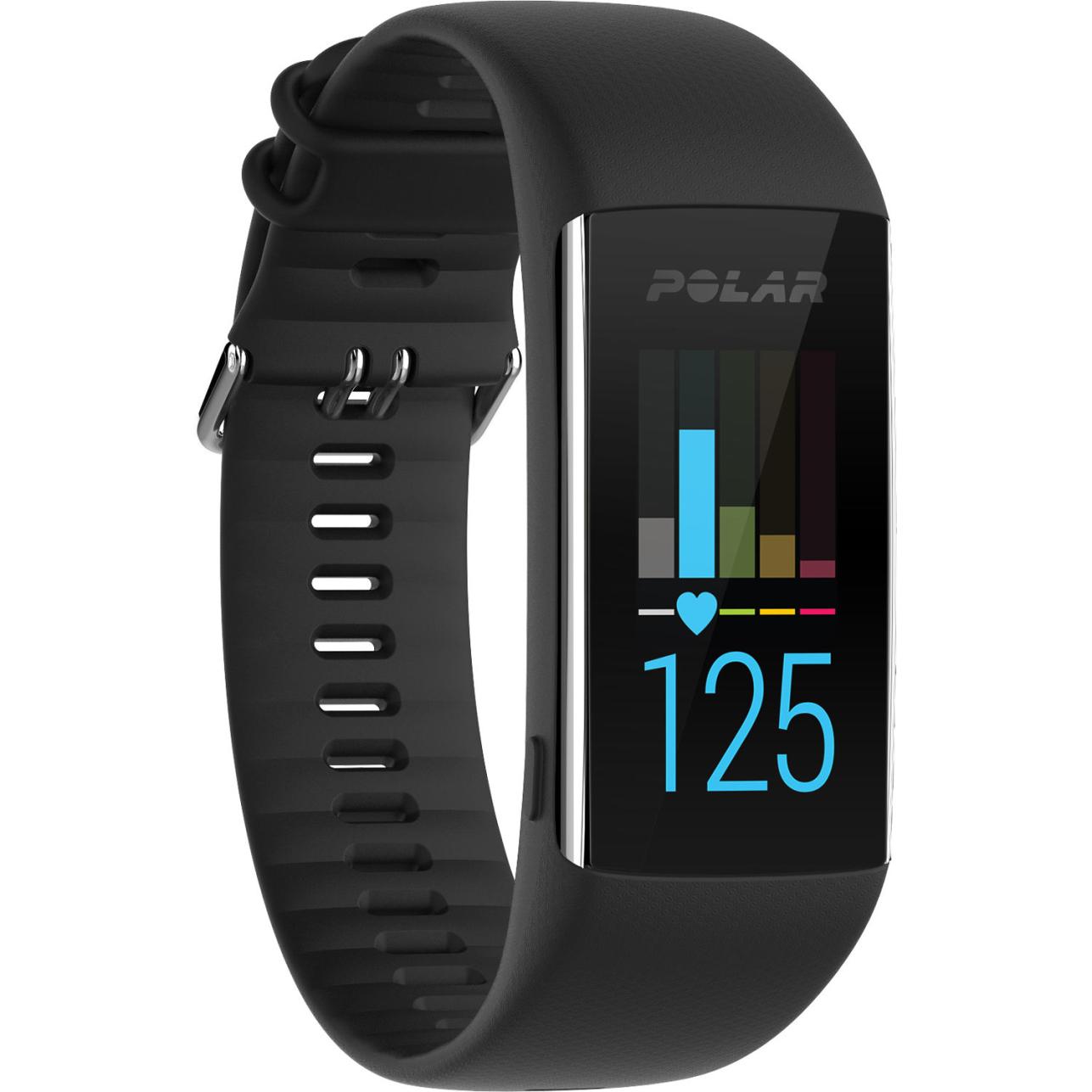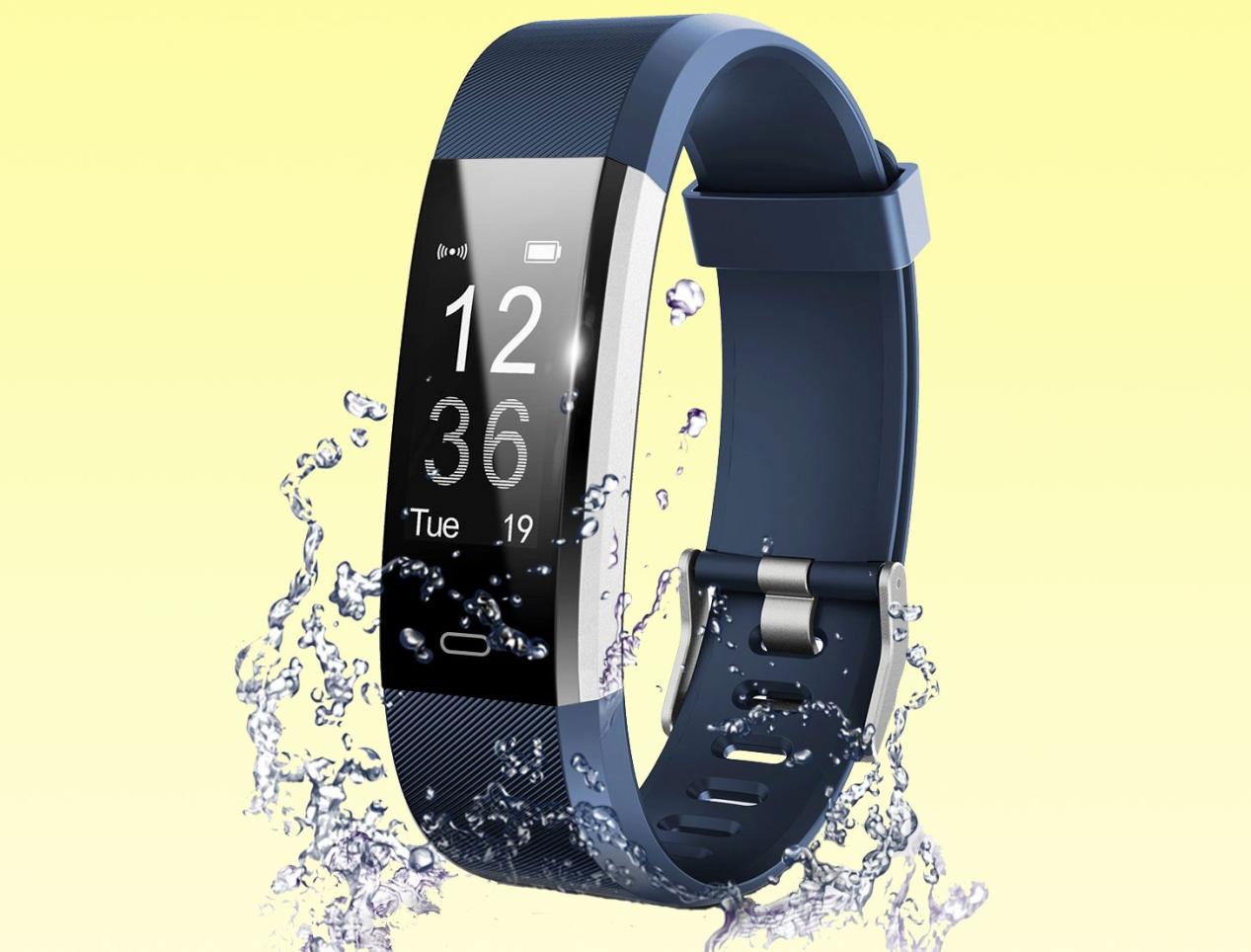What Are the Challenges of Using Fitness Apps and Trackers as a Pilot?
Fitness apps and trackers have become increasingly popular among individuals seeking to monitor and improve their health and fitness. Pilots, who are required to maintain a high level of physical fitness for their job, are no exception to this trend. However, there are several challenges associated with using fitness apps and trackers as a pilot.

Challenges Of Using Fitness Apps And Trackers As A Pilot
Data Accuracy And Reliability
- Limitations of wearable technology: Wearable fitness devices, such as smartwatches and fitness trackers, rely on sensors to collect data. These sensors may be subject to inaccuracies due to factors such as placement on the body, movement, and environmental conditions.
- Environmental factors affecting data accuracy: Environmental factors, such as temperature, humidity, and altitude, can affect the accuracy of fitness trackers. For example, changes in temperature can impact the accuracy of heart rate monitors.
- Potential for false readings: Fitness apps and trackers may provide false readings due to technical glitches, software errors, or user error. These false readings can lead to incorrect conclusions about one's fitness level or progress.
Privacy And Data Security Concerns
- Collection of personal and sensitive data: Fitness apps and trackers collect a wide range of personal and sensitive data, including heart rate, sleep patterns, and activity levels. This data can be used to create a detailed profile of an individual's health and fitness.
- Sharing of data with third parties: Many fitness apps and trackers share data with third parties, such as advertisers, health insurers, and research institutions. This data sharing can occur without the user's explicit consent.
- Risk of data breaches: Fitness apps and trackers are vulnerable to data breaches, which can expose users' personal and sensitive data to unauthorized individuals.
Interference With Flight Operations
- Distractions caused by notifications and alerts: Fitness apps and trackers often send notifications and alerts to users' devices. These notifications can be distracting and disruptive during critical phases of flight.
- Potential for malfunction or failure: Fitness apps and trackers are electronic devices that are prone to malfunction or failure. A malfunctioning device could provide inaccurate data or interfere with flight operations.
- Impact on pilot's focus and concentration: Using fitness apps and trackers during flight can divert a pilot's attention away from their primary task of operating the aircraft. This can compromise safety and increase the risk of accidents.
Compatibility And Integration Issues
- Lack of standardization among fitness apps and trackers: There is a lack of standardization among fitness apps and trackers, which can make it difficult to integrate data from different devices and platforms.
- Compatibility issues with different devices and operating systems: Fitness apps and trackers may not be compatible with all devices and operating systems. This can limit the pilot's ability to use their preferred devices or apps.
- Challenges in integrating data from multiple sources: Pilots may use multiple fitness apps and trackers to track different aspects of their health and fitness. Integrating data from these different sources can be challenging, especially if the apps and trackers are not compatible with each other.
Battery Life And Charging Requirements
- Limited battery life of wearable devices: Wearable fitness devices have limited battery life, which can be a concern for pilots who are on long flights. A device with a short battery life may run out of power during flight, rendering it useless.
- Need for frequent charging: Fitness apps and trackers require frequent charging, which can be inconvenient for pilots who are on the go. Forgetting to charge a device before a flight can result in the device being unavailable for use.
- Potential for devices to run out of power during flight: If a fitness app or tracker runs out of power during flight, it can disrupt the pilot's ability to track their health and fitness data. This can be a safety concern, especially for pilots who rely on fitness data to manage their health conditions.
Strategies For Overcoming The Challenges
Despite the challenges associated with using fitness apps and trackers as a pilot, there are several strategies that pilots can employ to overcome these challenges and use these technologies safely and effectively.
- Choosing the right fitness app or tracker: Pilots should carefully consider the accuracy, reliability, and privacy features of different fitness apps and trackers before selecting one. They should also choose a device that is compatible with their devices and operating systems and has sufficient battery life for their needs.
- Using fitness apps and trackers safely and effectively: Pilots should avoid using fitness apps and trackers during critical phases of flight. They should also turn off notifications and alerts to minimize distractions. Additionally, pilots should be aware of the limitations of the technology and rely on other sources of information as well.
- Protecting your privacy and data security: Pilots should read and understand the privacy policies of fitness apps and trackers before using them. They should also use strong passwords and enable two-factor authentication to protect their accounts. Additionally, pilots should be cautious about sharing their data with third parties.
Fitness apps and trackers can be valuable tools for pilots to monitor and improve their health and fitness. However, there are several challenges associated with using these technologies in the aviation environment. By understanding these challenges and implementing strategies to overcome them, pilots can use fitness apps and trackers safely and effectively to promote a healthy lifestyle and maintain their fitness for flight.
Further research and development are needed to improve the accuracy, reliability, and usability of fitness apps and trackers for pilots. This includes developing more standardized and compatible devices, improving data security and privacy, and addressing the potential for interference with flight operations.

YesNo

Leave a Reply